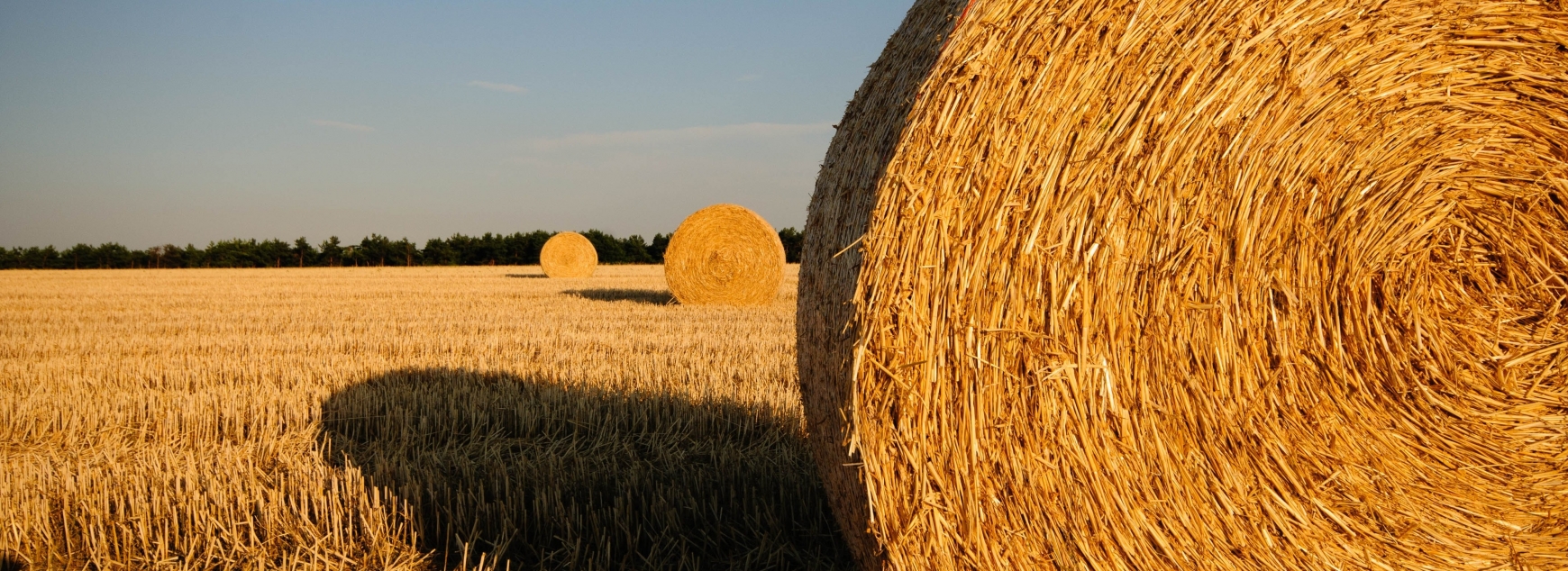We all know that renewable energy; particularly renewable technologies of the sort operated by UK farms, are helping to replace fossil fuel derived energy and so reducing the carbon deposits that we are introducing into our atmosphere. But what can agriculture do to actually reduce the levels of carbon already in our atmosphere?
Sequestration! This is a form of ‘carbon capture’; put more simply: the trapping of carbon in plants and soils. By changing our approach to farmland management and cropping patterns, plus taking better care of the soil, there is potential for millions of tonnes of carbon worldwide to be safely stored by nature and thus removed from our atmosphere.
Changing our approach to how arable soils are managed is a hot topic in agriculture at the moment, with ill-advised farming practices in the past leaving soil health and bio-matter content seriously depleted. So what can be done?
There are several methods which can be applied to help increase the amount of carbon retained in soil: an increase in cropping frequency in order to reduce the amount of time land is left bare, returning more crop residues back into the soil, changing to min-till or even no-till, and including forage or biomass crops into rotations are all beneficial to the ability of farmland to retain and store carbon from our atmosphere.
What’s more, these practices are all known to benefit farm productivity producing better yields, reducing inputs and reducing the carbon intensity of crop production. This is something particularly relevant to anyone growing feedstocks for renewable energy installations having to keep greenhouse gas (GHG) emissions low in order to satisfy sustainability requirements. What’s not to like?
There is also great potential on farms for storing carbon in woodlands and forestry; planting trees on areas of set-aside land can have great benefits; sources online suggest that a hectare of forestry can contain in excess of 1500 tonnes of carbon. Diversifying a farm business by introducing agro-forestry is a good way to store carbon and also increase income; nut and fruit crops could be incorporated into a farm portfolio, trees planted to provide windbreaks or shelter for livestock, and coppice crops are grown as biomass fuels in field margins.
Practices like these, combined with adopting a wide range of renewable energy technologies, could make UK farmer’s forerunners in developing the agricultural practices of the future.


